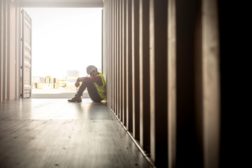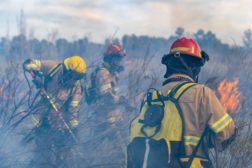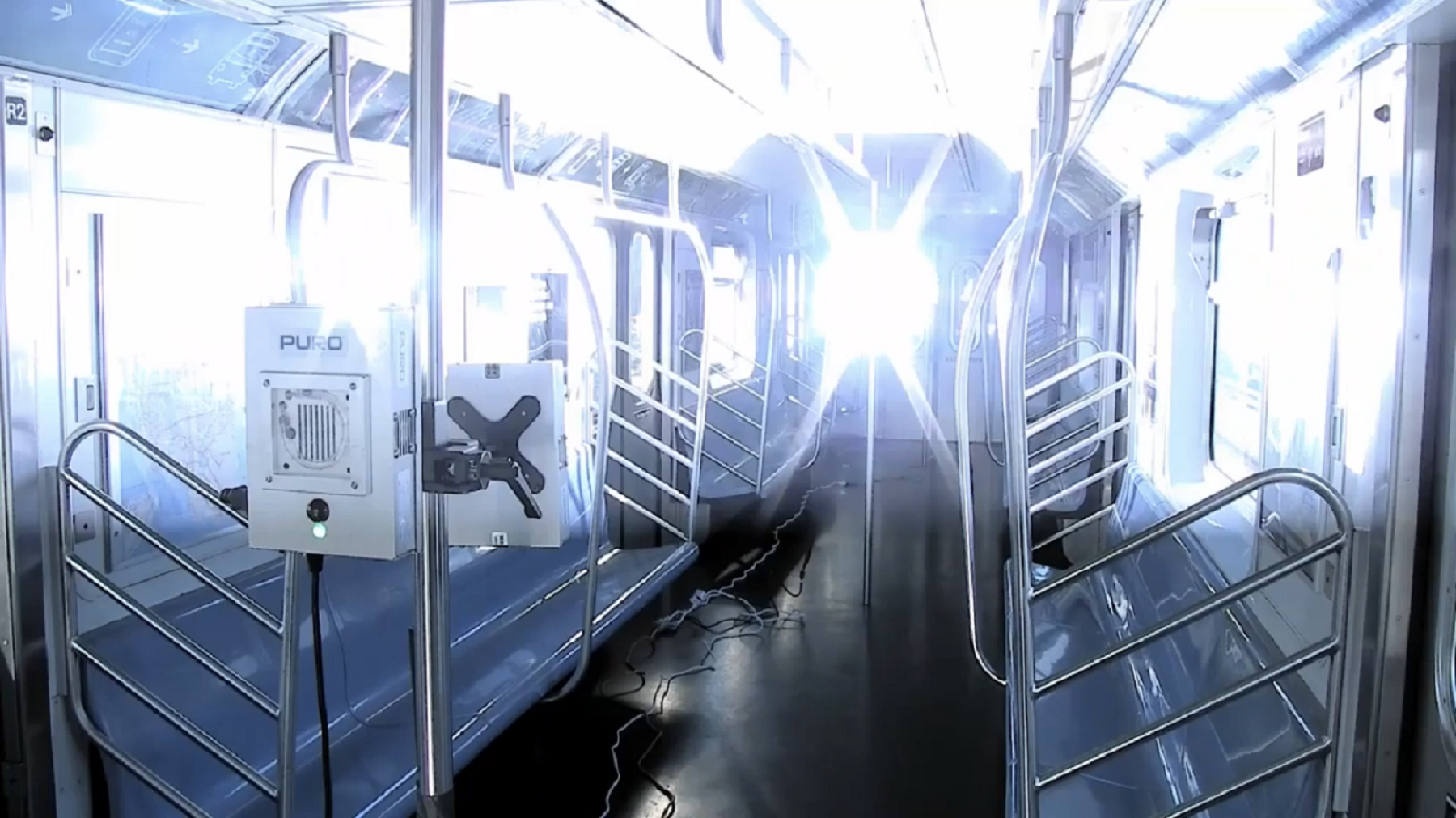Workplace Health
Editorial Comments
Demanding roles taking tolls on workers’ mental health and bodies
Read More
Wildfire clean-up crews face multiple health risks
Hazards include toxic inhalation, harmful pollutants, heat exposure
November 8, 2022
Report uncovers unprecedented stress facing industrial workers as job demands increase
Data shows under-trained, under-resourced industrial roles are taking extreme tolls on workers’ mental health, family lives and bodies
October 13, 2022
Never miss the latest news and trends driving the safety industry
eNewsletter | Website | eMagazine
JOIN TODAYCopyright ©2024. All Rights Reserved BNP Media.
Design, CMS, Hosting & Web Development :: ePublishing









![Heather Chapman[1].png](http://www.ishn.com/ext/resources/2022/10/27/Heather-Chapman[1].png?1666901789)



